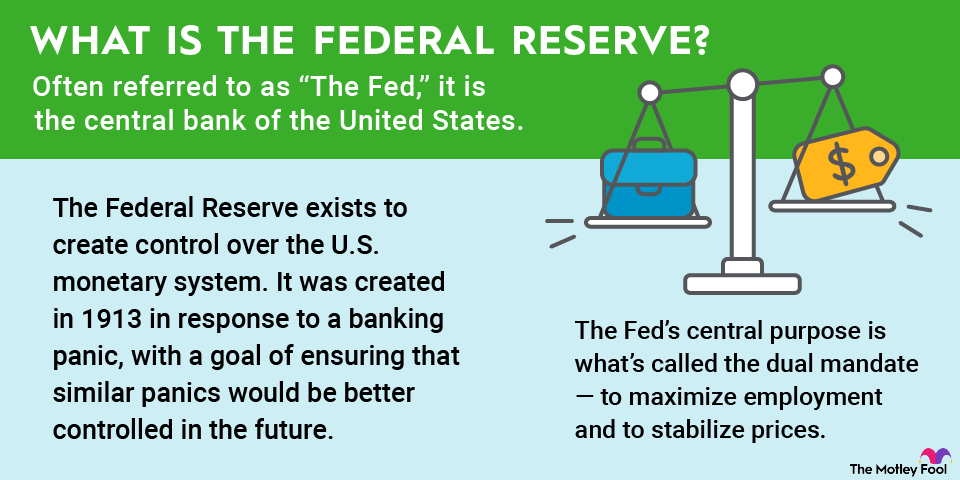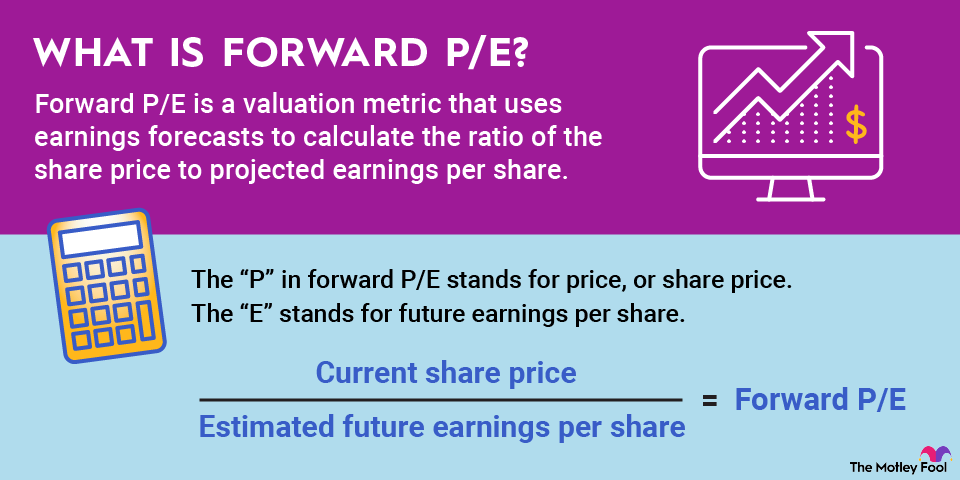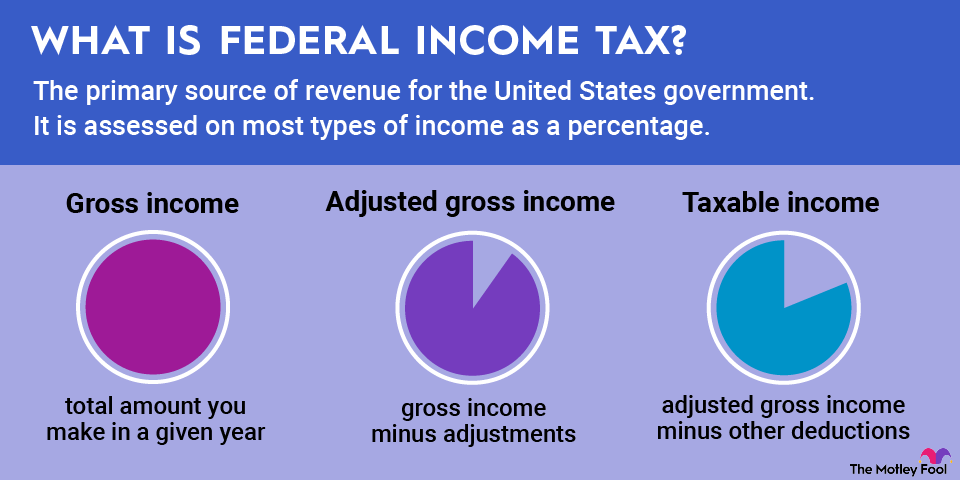Every business or organization must record financial statements to keep track of expenses, report profits and losses, and maintain a balance sheet. Of course, these statements and reports occur at predetermined periods, typically known as fiscal years or fiscal quarters. A fiscal year may sound like a simple concept, but there's more you should know.

What is a fiscal year?
A fiscal year is the 12-month period a business or organization chooses for its financial reporting and other business purposes. Many businesses may just use the calendar year for their fiscal year.
However, depending on the type of business, it may not make sense for them to use the calendar year. The fiscal year gives them the flexibility to measure their own year at a starting and ending point that fits their needs.
When is a fiscal year different from a calendar year?
Most publicly traded companies use the calendar year for their fiscal year, which makes sense. Industries that don't have much seasonality have little reason to depart from the calendar year. Some industries -- including financial (e.g., banks), industrial (e.g., car manufacturers), healthcare, and energy companies -- are fairly steady throughout the year.
However, some companies are exposed to seasonality. In the retail industry, for example, sales tend to spike in December due to the holiday shopping season. That creates another challenge for retailers because they are often inundated with returns after Christmas.
If their fiscal year ended on Dec. 31, that complicates their financial reporting. So, most retailers end their fiscal year at the end of January to avoid any confusion related to holiday sales and returns. The end of January also typically marks one of the slowest times of the year for retailers, and businesses typically end their fiscal year during slow periods.
Another example of businesses that use alternative fiscal years is vacation-related or outdoor-related businesses, such as lawn care, since they're subject to their own seasonality. Academic institutions will also use fiscal years that track with the school year, and businesses will use fiscal years that track with students. Even the federal government uses an alternative fiscal year, which ends on Sept. 30.
What investors should understand about fiscal years
It's neither an advantage nor a disadvantage for a business to have an alternative fiscal year. Still, it's important for investors to be aware of the timing of the fiscal year, especially when they're comparing companies with two different calendars.
For instance, Amazon's (AMZN -2.25%) fiscal year ends in December and Walmart's (NYSE:WMT) ends in January. So, it's difficult to make apples-to-apples comparisons between the two retailers. Other well-known companies with odd fiscal years are Microsoft (MSFT -0.62%), which ends on June 30, and Apple (AAPL -1.77%), which has a fiscal year ending on Sept. 30.
The fiscal year also affects financial reporting since end-of-year reports, such as the 10-K or the annual report, will come at the end of the fiscal year. Although a company's fiscal calendar shouldn't have a material impact on a business's performance, it's a good idea to be aware of alternative fiscal years in the stocks you own.
Related investing topics
What's an example of an alternative fiscal year?
A good example of a company with a different fiscal year is Vail Resorts (MTN +1.06%), which operates dozens of ski resorts worldwide. Since the ski season lasts through the winter (or from one calendar year to the next), it would be confusing for the company to end its fiscal year at the end of December.
That's especially true since Vail's business is highly seasonal, with most of its revenue and all its profits coming during the winter months in the Northern Hemisphere. Thus, Vail's fiscal year ends at the end of July. That's unusual, but it makes sense for the company. July is the peak of summer and likely the slowest time of year for the company.


















